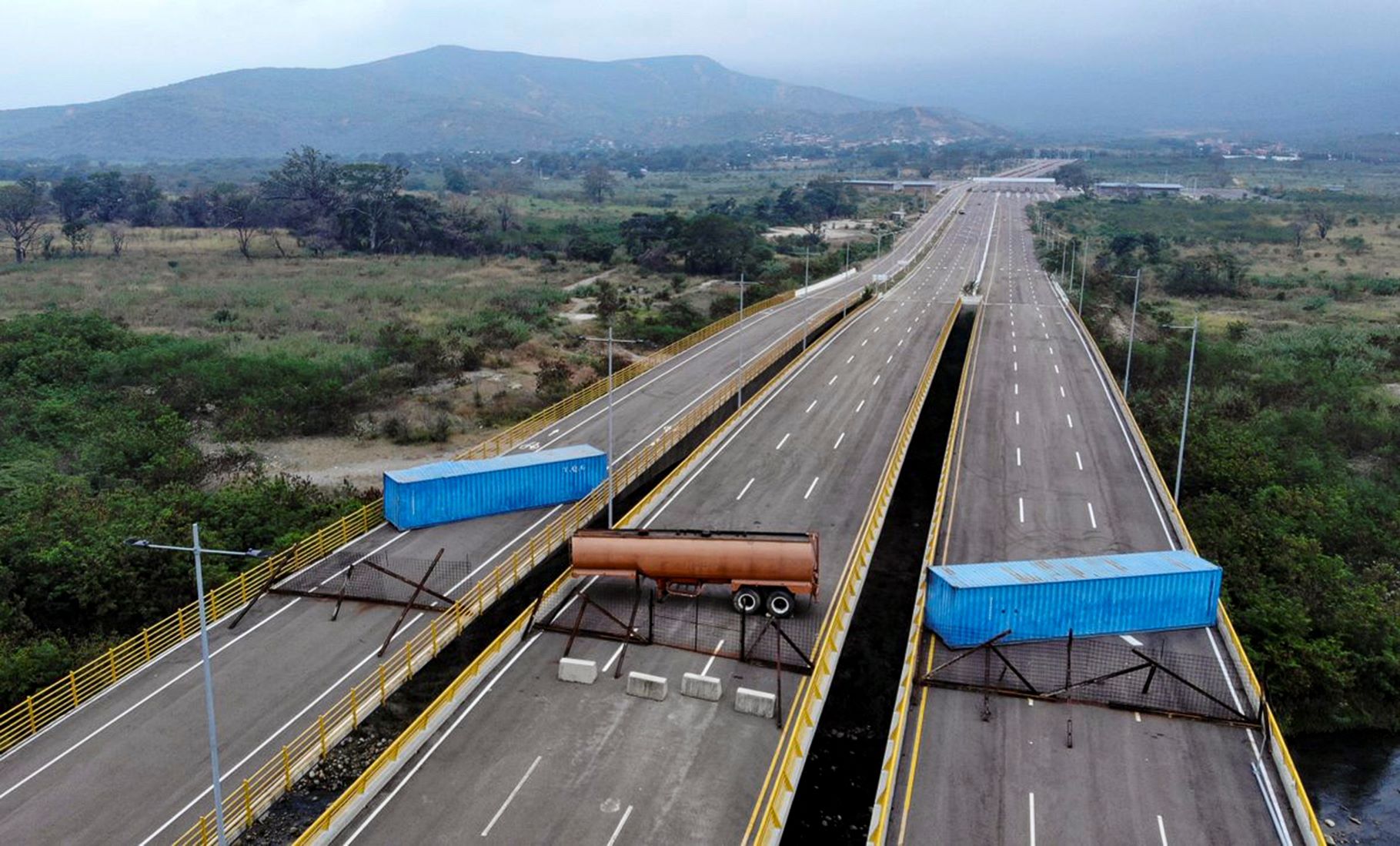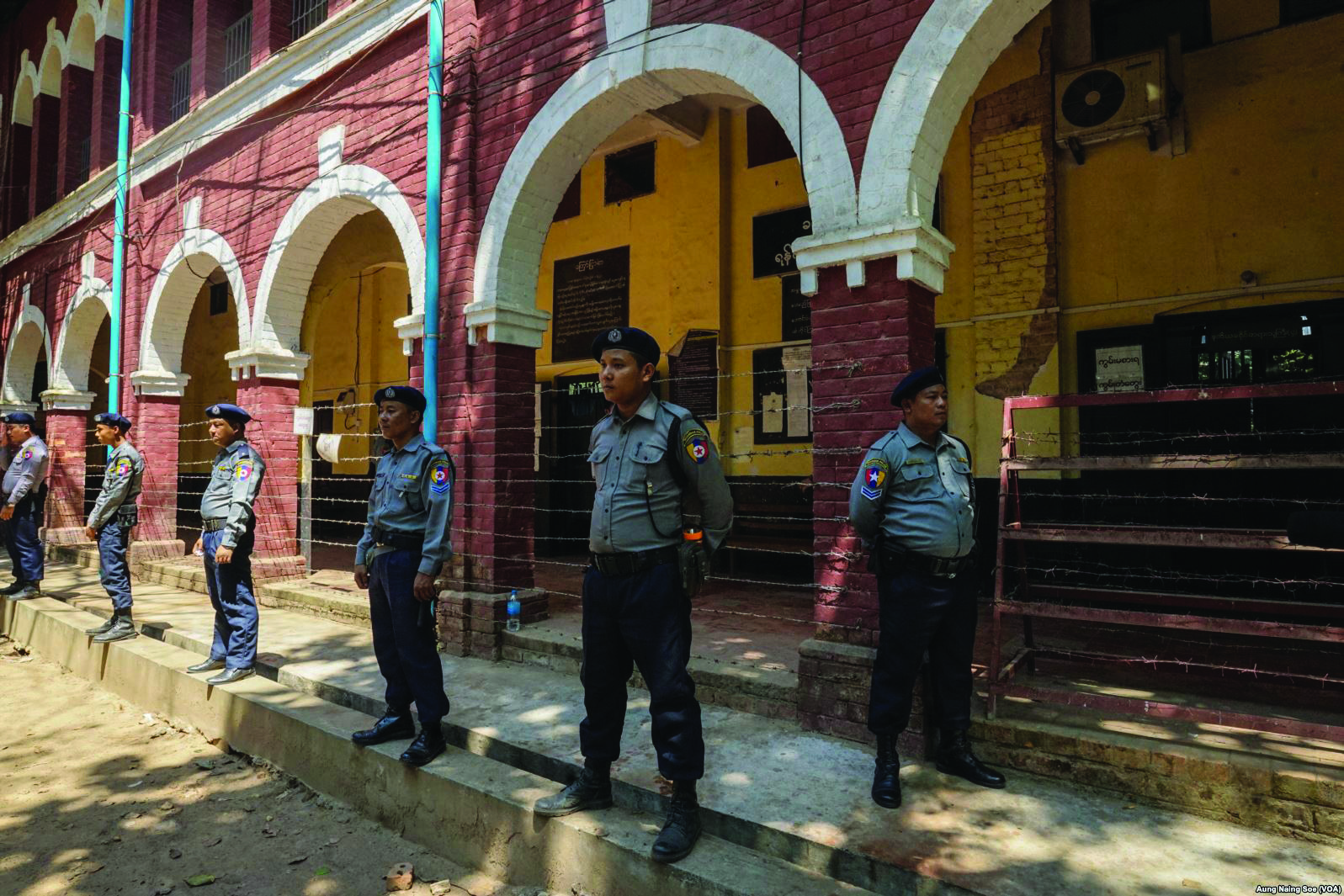Oct. 28 Bamoungoum, Cameroon: Landslides caused by heavy rain killed at least 42 people, including 26 children and four pregnant women in western Cameroon. The landslides occurred late at night while most were asleep, making it difficult for them to escape. The New York Times reported heavy rainfall continued throughout the night and the following day, forcing the rescue efforts to pause several times due to flooding. Officials reported they believe there are more bodies buried under the rubble, but a final death toll has yet to be released, according to CNN.
Oct. 28 Bayonne, France: An 84-year-old man, Claude Sinke, shot and seriously injured two men in their ‘70s outside of a mosque in Bayonne. The men were shot when they caught Sinke lighting the main entrance and exit of the mosque on fire. According to ABC, Sinke attacked the mosque to “avenge the destruction of the Notre Dame Cathedral,” which he believes was burned down by Muslims. The two men who were shot are currently receiving treatment in the hospital for their injuries but are expected to make a full recovery. Sinke was later arrested at his home, and no other injuries or deaths were reported by authorities.
Oct. 28–29 Kogi, Nigeria: Heavy rainfall and flooding allowed 122 prisoners to escape a correctional facility in the state of Kogi, Nigeria after sections of fencing around the perimeter of the facility was destroyed. The rainfall caused many cells within the facility to flood, and Nigerian Correctional Service spokesman Francis Enobore said the flooding caused any prisoners “to break out of custody for safety,” according to News24. Of the 122 escaped prisoners, 25 were recaptured. Al Jazeera reported that by Oct. 29, 97 prisoners remained at large in the surrounding area.
Oct. 31 Liaquatpur, Pakistan: A portable gas-powered stove exploded on a train on its way from Karachi to Rawalpindi, killing at least 73 people and injuring an additional 48 passengers. Several of the injuries were caused when people attempted to avoid the blaze by jumping off the moving train. One man pushed his wife out of the train before jumping after her; he suffered minor injuries, while his wife has major head trauma, according to BBC. According to hospital officer Gurmukh Ram, 58 of the recovered bodies were burned so badly “no identification was possible.” “There was chaos everywhere,” survivor Jamshed Pathan told BBC. “It was very difficult for us to get out and save ourselves.”
Nov. 2 Darqad, Afghanistan: A roadside explosive device detonated at approximately 8:30 a.m. and killed nine children, eight boys and one girl, on their way to school. The children were all between 8 and 11-years-old, according to Al Jazeera. While no group has claimed responsibility for the explosive device, Afghan authorities have blamed the Taliban for the attack. Until Afghani security forces recently regained control, the Taliban controlled the district. According to BBC, it is not uncommon for the Taliban and other militia groups to plant explosive devices on the road with the intent of hitting security forces after the land has been reclaimed.
Nov. 3 Somme, France: A bus carrying 32 passengers from Paris to London flipped onto its side, injuring 29 people. Of the 29, four were seriously injured in the crash. The bus, owned by FlixBus, was carrying 11 passengers from France, 11 from Britain, five from the United States and several more from Spain, Australia, Romania, Russia and the Netherlands. The cause of the crash is currently unknown, but some authorities suggest slippery roads contributed to the incident, according to AP News. “FlixBus is in close contact with the relevant authorities to determine the exact cause of the accident and to ensure all passengers receive appropriate support,” a statement released by the bus company said, according to BBC.






